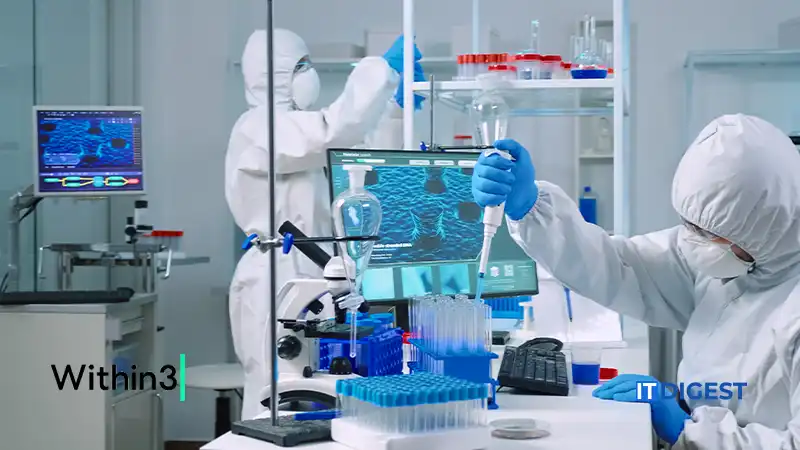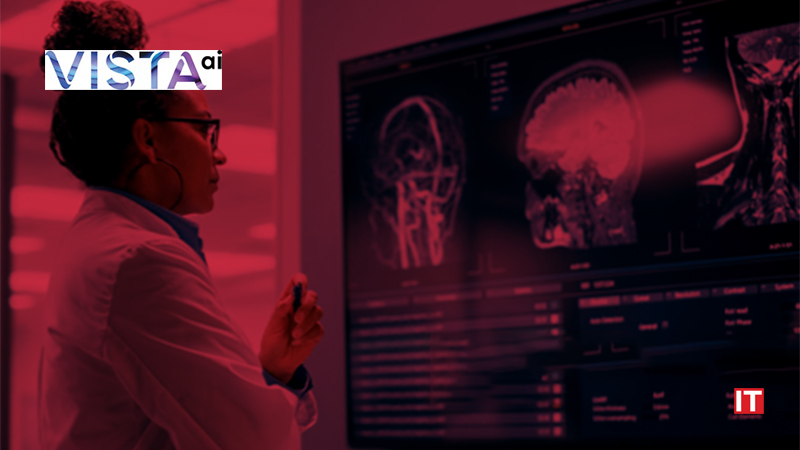Vista.ai, a pioneer and leader in automated MRI solutions, announced that Dr. Michael Salerno, Chief, Cardiovascular Imaging at Stanford Health Care, will conduct a live remote cardiac MRI (CMR) scan using the company’s One Click MRI software at the American College of Cardiology’s 72nd Annual Scientific Session Together With World Heart Federation’s World Congress of Cardiology (ACC.23/WCC). Dr. Salerno will scan a patient at Stanford Health in Palo Alto, Calif., virtually from the ACC.23/WCC Future Hub stage in New Orleans at 11 a.m. CST on March 5, 2023.
Dr. Salerno will be joined by Dr. Raymond Kwong, Director, Cardiac Magnetic Resonance Imaging for Harvard-affiliated Brigham and Women’s Hospital, who will present updated results from an ongoing clinical adaptation study that shows One Click MRI significantly reduces CMR scan times and improves image consistency. A case study summarizing Dr. Kwong’s previously released clinical findings, including data from the first six months and 1,100 patients, is available at vista.ai/evidence/studies. This case study will also be on display and discussed at Vista.ai’s ACC booth (#FH22) in the Future Hub.
Also Read: Reset Kidney Health and Healthy.io Partner to Engage Patients with Comprehensive Virtual Kidney Care
CMRs are considered the gold-standard cardiac diagnostic; however , specially-trained CMR technologists need to perform an exam, and in the U.S., there is only one such technologist for every 20 MRI machines. One Click MRI’s benefits include simple, streamlined workflows and improved image consistency, so any MRI technologist can complete a cardiac scan in a regular mixed-use MRI time slot.
The supply-demand imbalance for CMRs has only worsened since the onset of COVID-19, which has driven a rise in heart attacks and led to a 14% increase in heart attack deaths. Among the hardest hit are adults, age 25-44, who had a 29.9% relative rise in heart attack deaths over the first two years of the pandemic. Furthermore, Penn State College of Medicine conducted a study, which found that people who contracted COVID-19 were 15 times more likely to develop myocarditis, an inflammation of the heart muscle. With patient wait times for CMR lengthening across the U.S., the need for faster scanner throughput is dire.
SOURCE: PR Newswire


































